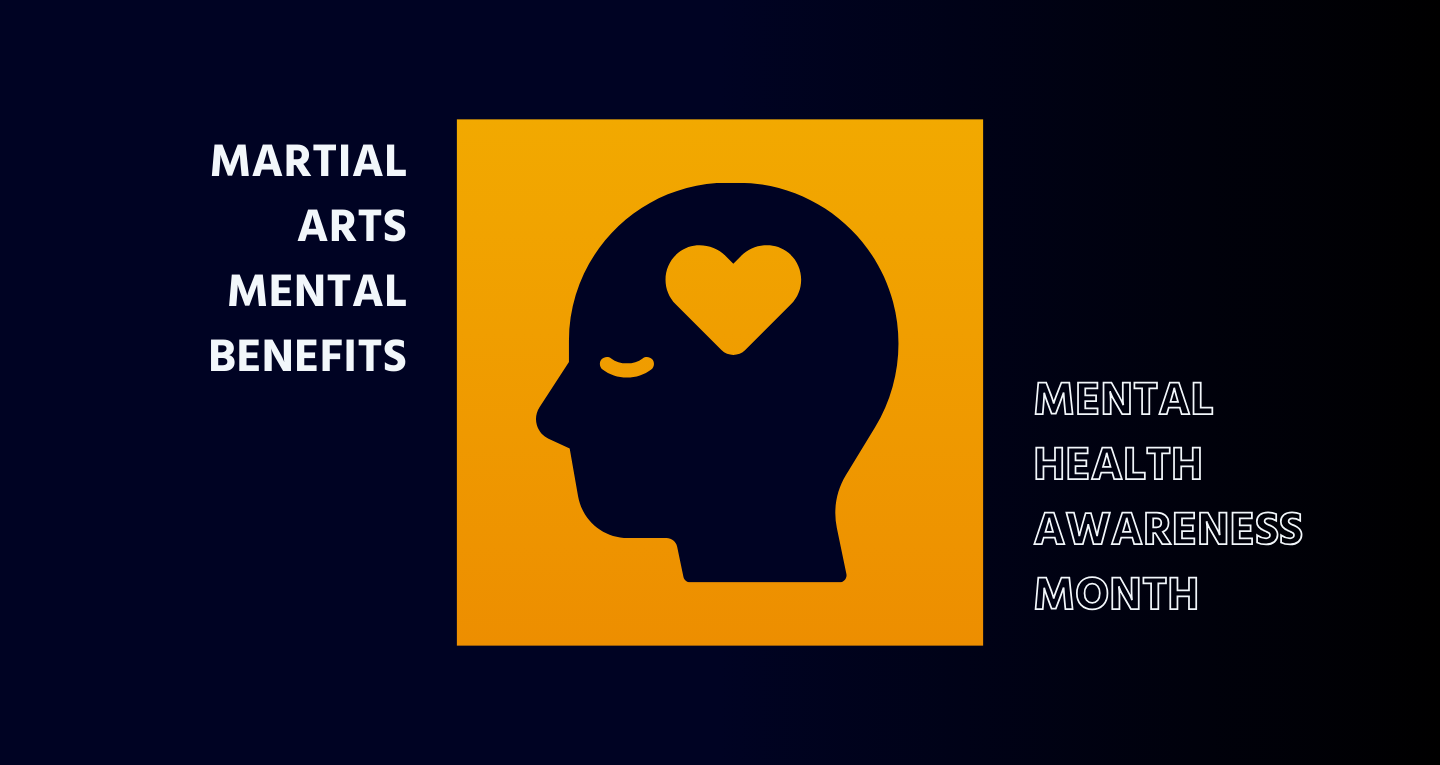How does martial arts affect mental health?
For over 3,000 years, the world has practiced various forms of martial arts for self-defense, competition, and fitness. Many people already know that martial arts training improves your strength, mobility, and stamina. But in honor of Mental Health Awareness Month, let’s take a moment to recognize the additional benefits happening within. Improvements in emotional regulation, self-esteem, discipline, and personal development can make a world of difference to someone’s lifestyle. Many successful martial artists and academy owners attribute their mindset to what they’ve learned through Brazilian Jiu-Jitsu, Judo, Taekwondo, Krav Maga, Karate, and other martial arts. Some would even say that martial arts training saved their life. But how does martial arts improve mental health and character development?
1. STRESS RELIEF AND EMOTIONAL REGULATION
Balance is key to a healthy lifestyle. While you train, you aren’t just practicing kicks, throws, and punches. You are learning to practice deep breathing and meditation as well. This trains your mind to remain calm yet alert. While you learn to rechannel your focus, your mind opens up to better stress relief and emotional regulation. Martial arts training and exercise create healthy outlets to release negative emotions, including aggression or worry.
2. CONFIDENCE AND SELF-ESTEEM
Physical exercise releases chemicals like endorphins that “boost your mood.” After continuous training, it’ll also lead to more confidence and self-esteem. Directing your energy towards a positive lifestyle change that will build over time is a great way to improve your overall mindset. Your mind strengthens, and you learn to persevere through adversities on and off the mat. With newfound confidence, students learn to compete, lead their peers, and take action in their lives.
3. DISCIPLINE AND RESPONSIBILITY
Like any academy, teachers will hold you accountable for your improvement and actions. This is no different in martial arts. Students are expected to attend class and give their best effort on the mats. Work ethic is key to martial arts success; students can’t achieve their full potential when they lack the drive to achieve. Martial arts instructors and classmates push each other to become the best version of themselves. This isn’t possible without resilience and the discipline to continue putting forth effort.
4. OVERALL PERSONAL DEVELOPMENT
Whether practicing BJJ, Judo, Taekwondo, Krav Maga, Karate, or anything in between, you’ll be surrounded by goal-oriented, passionate individuals. A martial arts school is a positive, collaborative space where passion and mindfulness are contagious. Whether you intend to exercise more or learn self-defense, you walk away with much more. With every move you make, you practice situational awareness and creativity that benefits your life off the mat.
